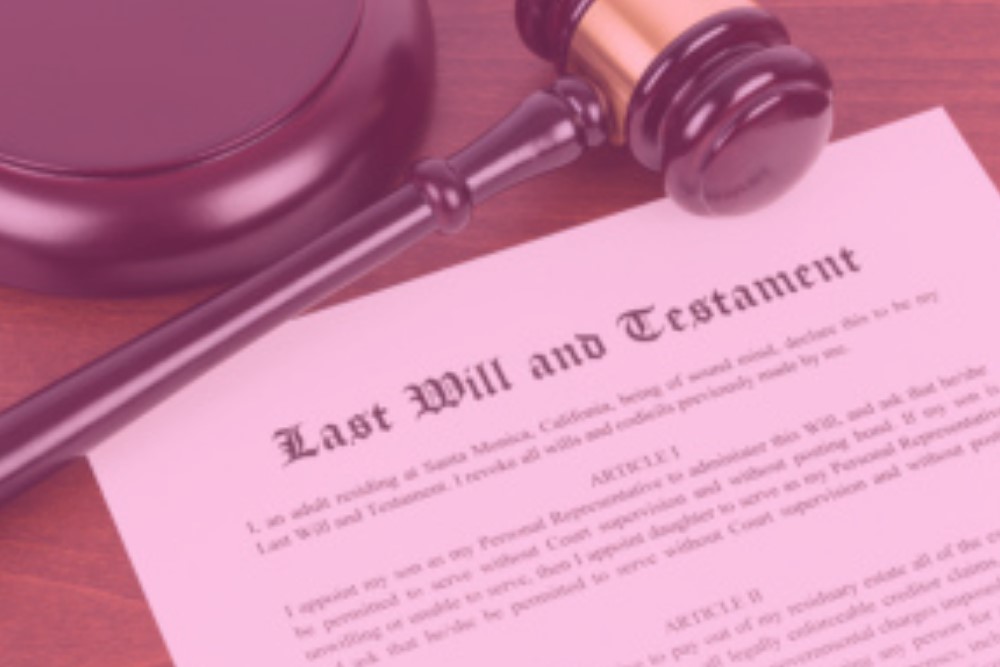An executor is a person who is nominated in a will to administer the deceased estate. It may be a solicitor, accountant or a family member of friend of the deceased. The executor administers the estate, distributing assets and discharging debts. It can be a demanding role that can involve a significant time commitment. This page deals with executors of estate in Australia.
Who can be an executor?
In order to be the executor of an estate, a person must fulfil certain criteria at the time they are appointed.
The person must:
- be over 18 years of age;
- not be in prison;
- be of sound mind
Aside from these three requirements, an executor can be any person who is nominated for the role. However, as it can be quite demanding to act as an executor, anyone contemplating making a will should give careful consideration as to who is best suited to act in the role.
It is common for the person named as executor to be a close family member of the deceased. In many cases this person is also a beneficiary of the will. There are both advantages and disadvantages to having a family member acts as executor. Such a person is likely to be familiar with the estate and with the wishes of the deceased. However, tensions may arise when the executor is a beneficiary under a will and other beneficiaries disagree with the distribution f the estate. For this reason, it can be preferable for an impartial person, like a solicitor, to be the executor.
Duties of an executor
An executor has a number of duties. They must apply for a Grant of Probate, obtain the death certificate and assist with making funeral arrangements. They may also need to notify banks, finance companies and government departments of the death and discharge loans and make payments.
Executors are responsible for protecting the assets of the estate until such time as the will can be administered. This may involve obtaining valuations, securing real estate premises and putting together an inventory. They may also need to organise for the sale of real estate.
If the will is challenged or contested, the executor will have to defend it against the claim. They must document their administration of the estate and present an account to the beneficiaries
What if the executor is deceased?
If there is more than one person named as executor in a will and the first person named is deceased at the time of the testator’s death, the second named person will generally take on the responsibilities of executor.
If there is only one executor named in the will, any other adult who is of sound mind and not in prison can apply to become the administrator of the estate.
Removal of executors
If a person has been appointed as executor and it becomes clear that they are unfit to act in the role, a court may remove them as executor. A person is unfit to act as an executor if they are incapable of carrying out their duties, neglect their duties, or are guilty of misconduct.
A person may be removed from the position of executor because of excessive delays in administering the estate, failure to communicate, or unwillingness to account for the assets of the estate. In assessing whether to remove an executor, the court’s primary consideration will be the protection of the interests of the beneficiaries.
An executor can resign from the role after they have started acting, but this is a difficult process. The executor must seek the court’s approval to resign, organise for someone to replace them, and have the grant of probate revoked and replaced.
Fees for acting as executor
If the person acting as executor of a will is a professional such as a lawyer or accountant, they will generally be paid a fee. This may be a fixed fee or a percentage of the estate.
If the executor of a will is a friend or relative of the deceased, the will may make provision for a payment to be made to them in recognition of the time they put into carrying out this role.
If no specific provision is made in the will for this to occur, the executor may seek remuneration out of the estate through a private agreement with the beneficiaries, or by applying to the court.
If you require legal advice or representation in any legal matter please contact Taylor Rose.




